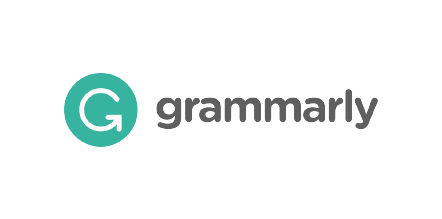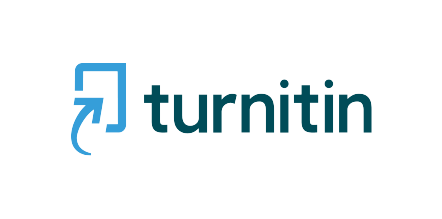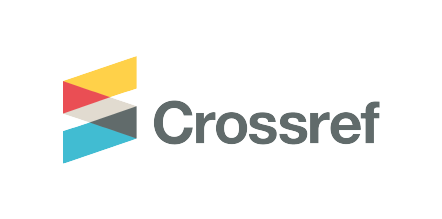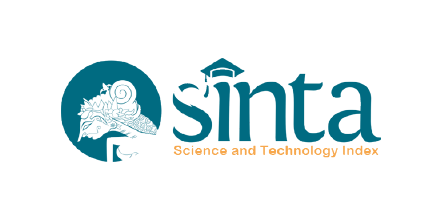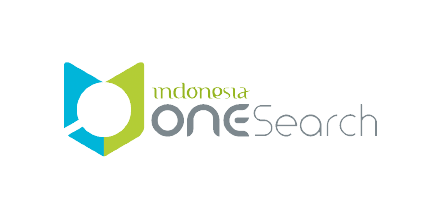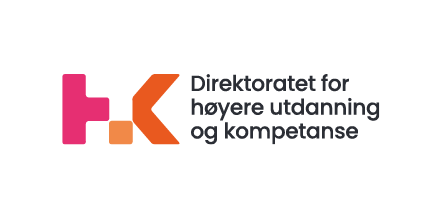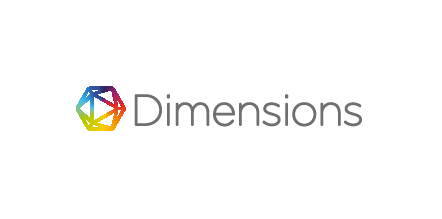The Management Gaps toward Inclusive Education Implementation at Higher Education in Indonesia
DOI:
https://doi.org/10.21776/ub.ijds.2022.009.01.12Keywords:
Inclusive Education, Student with Special Needs, Higher Education, ManagementAbstract
The commitment to implementing inclusive education in Indonesia is already at the higher education level. However, in reality, disabled people still have difficulty obtaining opportunities to study in university. Concerning the gap in inclusive education (commitment and implementation), this article aims to examine the inclusive education management performance at universities in Indonesia. This review is critical because only 401 disabled people in Indonesia are registered as students at various universities in Indonesia. The articles in the current study go through three stages of narrative review: determining the scope of the research focus, determining the urgency and novelty of the research, and determining the research formulation and objectives. A study of 14 articles through the Google Scholar database was published in 2000-2021. The study results show that most universities in Indonesia are still not open to inclusive education and the admission of students with disabilities implementation. In addition, universities in Indonesia are not ready to provide management and facilities that support the learning process and the accessibility of the campus environment to suit the needs of students with disabilities. Human resources in higher education such as lecturers and education staff are not ready to provide services and modify learning for disabled students.References
Alfaris, M. R. (2017). Dukungan Sosial dan Aksesbilitas Pendidikan Inklusi Di Perguruan Tinggi Berorientasi Masa Depan dan Kontinuitas. Prosiding Praktik Pendidikan Bagi Penyandang Disabilitas. Malang: PSLD UB.
Andayani, A., & Afandi, M. (2019). Pemberdayaan dan Pendampingan Komunitas Penyandang Disabilitas Dalam Mengakses Pendidikan Tinggi. Aplikasia: Jurnal Aplikasi Ilmu-ilmu Agama, 16(2), 153-166. https://doi.org/10.14421/aplikasia.v16i2.1178
Collins, A., Azmat, F., & Rentschler, R. (2019). ‘Bringing everyone on the same journey’: revisiting inclusion in higher education. Studies in Higher Education, 44(8), 1475-1487.
https://www.tandfonline.com/doi/full/10.1080/03075079.2018.1450852?src=recsys.
Bunbury, S. (2020). Disability in higher education–do reasonable adjustments contribute to an inclusive curriculum?. International Journal of Inclusive Education, 24(9), 964-979. https://doi.org/10.1080/13603116.2018.1503347
Dias, D., & Soares, D. (2018). Civic learning outcomes: a step towards an inclusive higher education. International Journal of Inclusive Education, 22(4), 360-374. https://doi.org/10.1080/13603116.2017.1365956
Haigh, M. J. (2002). Internationalisation of the curriculum: Designing inclusive education for a small world. Journal of Geography in Higher Education, 26(1), 49-66. https://doi.org/10.1080/03098260120110368
Jefri, T. (2016). Aksesibilitas sarana dan prasarana bagi penyandang tunadaksa di Universitas Brawijaya. IJDS: INDONESIAN JOURNAL OF DISABILITY STUDIES, 3(1), 16-25.
Márquez, C., & Melero Aguilar, N. (2020). Advancing towards inclusion: recommendations from faculty members of Spanish universities. International Journal of Inclusive Education, 1-15. https://doi.org/10.1080/13603116.2020.1858977
Metropolis (FOTIM), F. of T. I. of the N. (2011). Disability in higher education: Project report. University of the Witwatersrand Pretoria.
Muryanti, M., & Mulyani, T. (2018). Motivasi Dan Harapan Mahasiswa Difable Terhadap Pendidikan Inklusi Di Uin Sunan Kalijaga. Dimensia: Jurnal Kajian Sosiologi, 7(1).
Salmi, J., & D’Addio, A. (2021). Policies for achieving inclusion in higher education. Policy Reviews in Higher Education, 5(1), 47–72. https://doi.org/10.1080/23322969.2020.1835529
Sastradiharja, E. J., Farizal, M. S., & Sutarya, M. (2020). Pendidikan Inklusi Di Perguruan Tinggi. Alim| Journal Of Islamic Education, 2(1), 101-118.
Septiana, F. I., & Effendi, Z. R. (2019). Mewujudkan Akses Pendidikan Tinggi Bagi Penyandang Disabilitas. 1(01), 8.
Septiana, F. I., & Effendi, Z. R. (2020). Mewujudkan Akses Pendidikan Tinggi Bagi Penyandang Disabilitas. Inclusive: Journal Of Special Education, 5(1).
Skelton, A. (2002). Towards Inclusive Learning Environments in Higher Education? Reflections on a Professional Development Course for University Lecturers. Teaching in Higher Education, 7(2), 193–214. https://doi.org/10.1080/13562510220124213
Soleh, A. (2014). Kebijakan perguruan tinggi negeri yogyakarta terhadap penyandang disabilitas. Jurnal pendidikan islam, 3(1), 1-30.
Supratiwi, M., Yusuf, M., Anggrellanggi, A., & Martika, T. (2020). Implementasi Model Blended Learning Terhadap Peningkatan Pemahaman Mata Kuliah Pembelajaran Ipa Bagi Anak Berkebutuhan Khusus (Abk) Pada Kelas Inklusi Di Perguruan Tinggi. Special: Special And Inclusive Education Journal, 1(1), 1-7.
Tugli, A. K., Mokonoto, M., Ramakuela, N. J., & Netshikweta, L. M. (2016). Inclusive Policy and Service Needs Survey among Students with Disabilities in an Institution of Higher Education. International Journal of Educational Sciences, 14(1–2), 7–12.
https://doi.org/10.1080/09751122.2016.11890473.
Haigh, M. J. (2002). Internationalisation of the curriculum: Designing inclusive education for a small world. Journal of Geography in Higher Education, 26(1), 49-66.
Bell, D., Carl, A., & Swart, E. (2016). Students with hearing impairment at a South African university: Self-identity and disclosure. African journal of disability, 5(1).
Márquez, C., & Melero-Aguilar, N. (2021). What are their thoughts about inclusion? Beliefs of faculty members about inclusive education. Higher Education, 1-16.
Moriña, A. (2017). Inclusive education in higher education: challenges and opportunities. European Journal of Special Needs Education, 32(1), 3-17. https://doi.org/10.1080/08856257.2016.1254964
Sastradiharja, E. J., Farizal, M. S., & Sutarya, M. (2020). Pendidikan Inklusi Di Perguruan Tinggi. Alim| Journal of Islamic Education, 2(1), 101-118.
Published
How to Cite
Issue
Section
Categories
License
Copyright (c) 2022 Fina Riswari, Fiolina Hana Puspitasari, Neny Yuniarti, Silvana Rahma Iswahyudi, Asep Sunandar, Ediyanto Ediyanto, Ahsan Romadlon Junaidi

This work is licensed under a Creative Commons Attribution-NonCommercial 4.0 International License.







